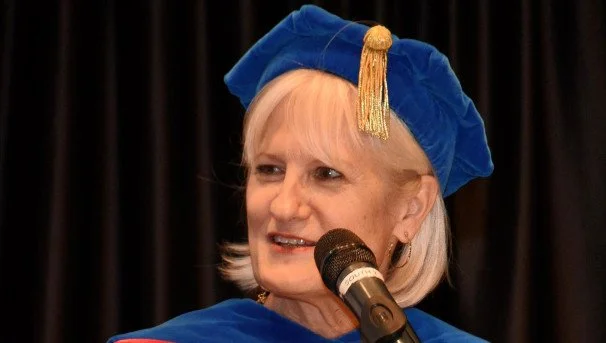How many decisions do you make in a day? A lot! From minor choices about food to significant decisions about our spiritual, relational, and vocational life, our days are filled with making choices. And yet, how much have I considered how I make those choices and how I might make better choices?
Most of us make decisions with a method popularized over two hundred years ago by Benjamin Franklin: tally up the pros and cons and go with the winner.
This approach, according to Chip and Dan Heath, is flawed. In fact, cognitive research says that we are wired to make poor choices. Our tendency is to narrow in on the wrong set of information—what is referred to as the “spotlight effect.” “Kahneman says that we are quick to jump to conclusions because we give too much weight to the information that’s right in front of us, while failing to consider the information that’s just offstage.” As decision-makers, we need to actively move the spotlight to include the information we need.
The Heaths lay out what they call “the Four Villains of Decision Making”—and this is the first of those: framing your choice in too narrow terms. In addition, there lie the dangers of seeking out information that supports your biases, being influenced by short-term emotions, and being overconfident about the future.
In contrast, the Heaths recommend an approach that they dub “WRAP.” Widen your options. Reality-test your assumptions. Attain distance before deciding. Prepare to be wrong.













